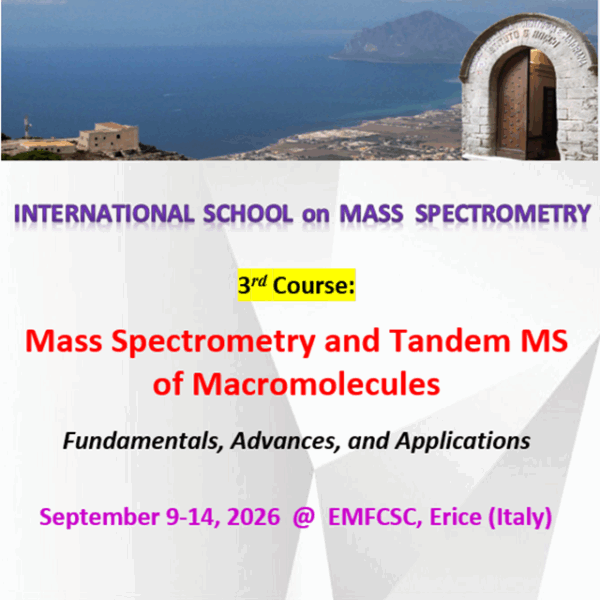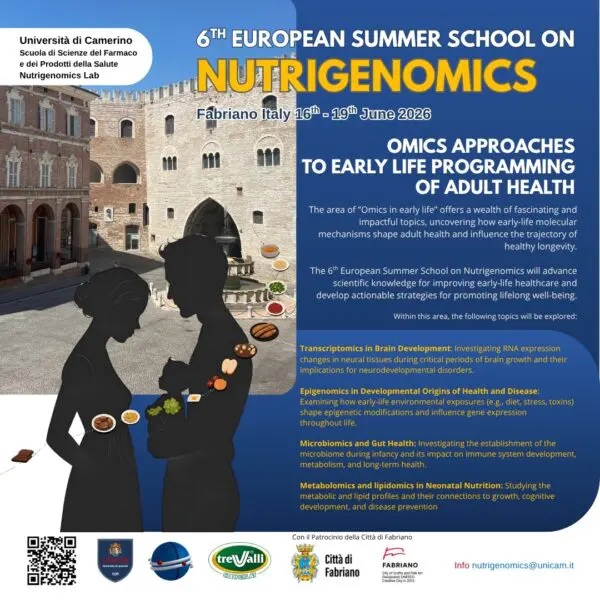
Erice, Italy
Mass Spectrometry (MS) and Tandem MS of Macromolecules
When:
09 September - 14 September 2026
Credits:
0 EC
Read more
Life Sciences
When:
03 June - 08 June 2019
School:
Summer School on Modern Methods in Biostatistics and Epidemiology
Institution:
Harvard University and Karolinska Institutet
City:
Country:
Language:
English
Credits:
0 EC
Fee:
1450 EUR

Causal inference from observational data is a key task of biostatistics and of allied sciences such as sociology, econometrics, behavioral sciences, demography, economics, health services research, etc. These disciplines share a methodological framework for causal inference that has been developed over the last decades. This course presents this unifying causal theory and shows how biostatistical concepts and methods can be understood within this general framework. The course emphasizes conceptualization but also introduces statistical models and methods for causal effect estimation. Specifically, this course strives to a) formally define causal concepts such as causal effect and confounding using potential outcomes and counterfactuals, b) identify the conditions required to estimate causal effects using Directed Acyclic Graphs (DAGs), and c) introduce analytical methods that, under those conditions, provide estimates that can be endowed with a causal interpretation. Examples of such methods are regression adjustment, standardization and inverse probability weighting.
Nicholas P. Jewell (Berkeley University)
Physicians, clinicians and public health professionals from public and private institutions who are looking for systematic training in the principles of epidemiology and biostatistics, or epidemiology applied to health care planning and evaluation. They will acquire familiarity with epidemiological and biostatistical principles and techniques and with the computational tools needed to solve practical problems.
Students in biostatistics and epidemiology, and researchers both from public and private institutions who wish to increase their familiarity with quantitative methods or to deepen their knowledge of a specific area of interest, so they can more effectively address problems in health research. They will gain knowledge in modern, advanced methods useful for health professionals engaged in clinical practice, research and teaching.
The course emphasizes conceptualization but also introduces statistical models and methods for causal effect estimation.
Fee
1450 EUR, For University students: Registration before March 24th, 2019 €1,250. After March 24th, 2019 €1,450.
Fee
1650 EUR, General: Registration before March 24th, 2019 €1,450. After March 24th, 2019 €1,650.
When:
03 June - 08 June 2019
School:
Summer School on Modern Methods in Biostatistics and Epidemiology
Institution:
Harvard University and Karolinska Institutet
Language:
English
Credits:
0 EC

Erice, Italy
When:
09 September - 14 September 2026
Credits:
0 EC
Read more

London, United Kingdom
When:
06 July - 02 August 2026
Credits:
0 EC
Read more

Fabriano, Italy
When:
16 June - 19 June 2026
Credits:
5 EC
Read more